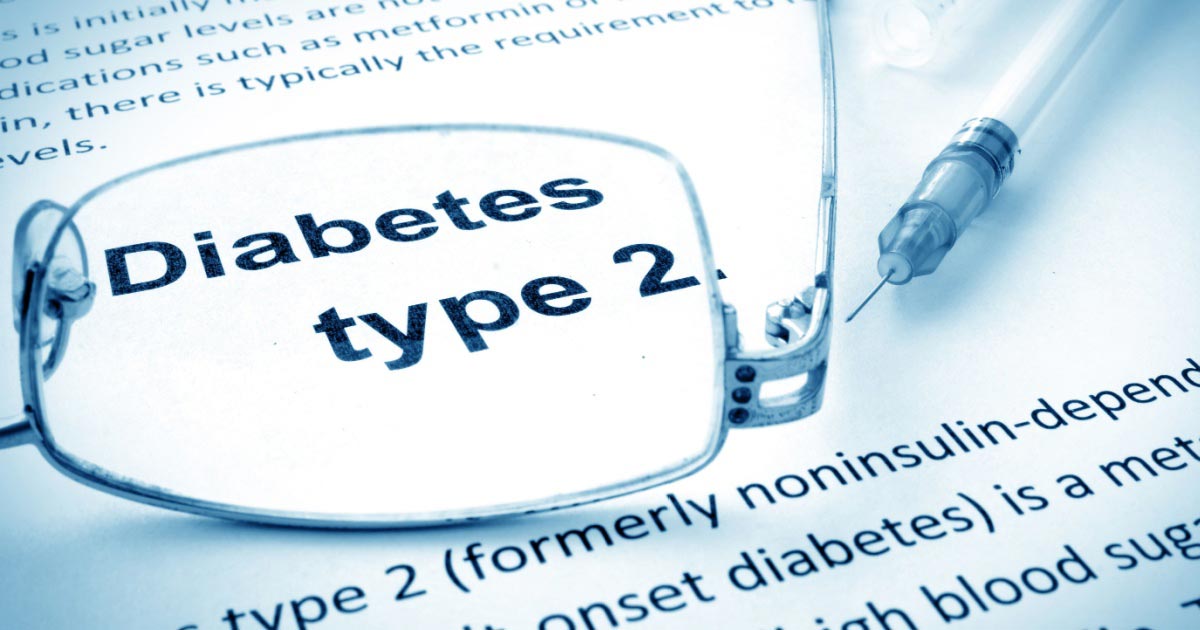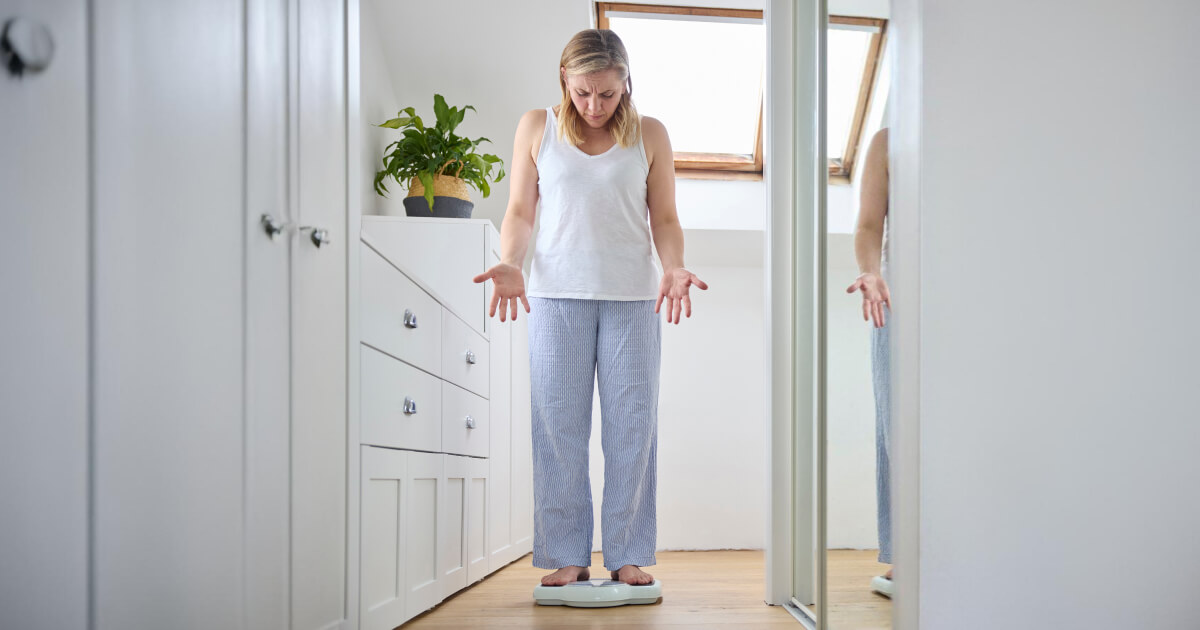Login to your account
- Prescription included
- Genuine medication
- All-inclusive service - No hidden fees
- Free next-day delivery
Understanding and managing the side effects of statins
Statins are medications designed to lower your cholesterol levels. If you have high cholesterol, your doctor may put you on medication if lifestyle changes haven’t made a difference to your condition.
Statins can cause various side effects, but not everyone experiences them. It's useful to know what to expect with new medication.
Keep reading to learn about common and rare side effects of statins, as well as advice on when to report symptoms to a medical professional.
What are the common side effects of statins?
Statins are effective at treating high cholesterol and are generally safe. Although they can cause side effects, they are usually well-tolerated.

Common side effects include:
|
|
Because there are several different kinds of statin medications, not all of the above symptoms will apply. To find out the side effects of a specific statin, please read the patient information leaflet provided with the medication or consult your pharmacist.
The most common types of statins are:
- atorvastatin (Lipitor)
- simvastatin (Zocor)
- rosuvastatin (Crestor)
Unexpected bleeding or bruising
Statins can cause lower levels of platelets in your blood. As a result of this, you may find yourself bleeding or bruising more easily than you normally would.
What are the less common side effects of statins?
Less common side effects include:
|
|
More protein in your urine
Some types of statins (such as Crestor) can cause your urine to contain more protein. This usually returns to normal on its own without having to stop taking tablets.
Skin reactions
It is also possible for skin reactions to occur while taking statins. This can look like:
- acne
- itching
- a red rash
What are the rare side effects of statins?
While it is unlikely that you’ll experience any rare side effects, knowing the potential signs and risks can be beneficial.
Severe allergic reactions
Just like any medicine, it is possible to develop a severe allergic reaction to your cholesterol medication. Seek emergency help if you experience:
- swelling of the face, tongue or throat
- shortness of breath
- difficulty breathing
- dizziness
- weakness
Muscle damage
It’s possible for statins to cause muscle damage, rupture or weakness.
If you experience any unusual aches or pains in your muscles that go on for longer than you’d expect (and aren’t exercise-related), tell your doctor.
A very small number of people who have experienced muscle damage have gone on to develop a rare and potentially life-threatening condition called rhabdomyolysis.
Can statins increase my risk of diabetes?
According to several studies, statins have been associated with an increased risk of type 2 diabetes. Higher doses are more likely to increase this risk compared to lower doses.
It is thought that, for some people who take them, statins can affect the way the hormone insulin works in the body. If insulin doesn't work properly, excess sugar can remain in your blood.

Having high blood glucose levels is one of the greatest risk factors for diabetes.
Talk to your doctor if you have any concerns about type 2 diabetes while taking statins.
Can statin drugs cause weight gain?
Statins have also been linked with an increased caloric intake resulting in weight gain. The reason why is unclear, however, it is thought that statins affect a type of hunger hormone called leptin.

Leptin is important for making us feel full and satiated after a meal. As statins may cause a decrease in leptin, this may increase appetite and cause weight gain over time.
Can statins cause erectile dysfunction?
Erectile dysfunction is not a listed side effect of any statin medication. However, according to one study, there may be a link between statins and ED. The findings of the study are as follows:
- One on hand, statins may improve erectile function by increasing available nitric oxide in the body, which is considered a mediator for maintaining an erection.
- On the other hand, statins may worsen erectile function by decreasing testosterone production, which is an important sex hormone.
Can statins cause confusion and memory problems?
Some people have reported confusion and memory problems when taking cholesterol medication, however, this is rare and reversible.
This study shows no link between long-term statin use and memory problems, so any side effects you may face are likely a short term side effect and will go away after stopping the medication.
They may also be caused by other factors, so you should talk to your doctor about other possible causes of your memory problems.
How can I manage the side effects of statins?
If the side effects that you are experiencing are making life uncomfortable, there are some things you can do to manage them. These should be discussed with your doctor before they are tried.
Lower intensity exercise
Muscle-related side effects are common when taking statins, and so those experiencing pain should reduce the intensity of exercise and make sure to rest in-between workouts.
Some people experiencing muscle pain may not know if it is caused by their medication or by the exercise, and so taking a break from high-intensity exercise can clarify why you are feeling sore.
This study shows that statins do not reduce muscular strength or endurance, but stopping exercise altogether can be bad for your health. Instead, opt for low-intensity workouts that are less strenuous to your muscles.
Coenzyme Q10 supplements
Studies show that taking statins may lower your body's production of the antioxidant coenzyme Q10. Because of this, it may be beneficial for some people to use Coenzyme Q10 supplements with their treatment.
However, studies are conflicted as to whether or not this is effective, with some stating the supplements alleviate symptoms, and others stating that there is no effect.
Talk to your doctor about the possibility of taking Coenzyme Q10 supplements if you experience muscle pain on statins. Do not try any new treatment without consulting your doctor first.
Changing your diet
What you eat when on cholesterol medication is crucial and can impact the severity of side effects. This study shows that a Mediterranean diet is effective at reducing heart problems when taking statins.
This means there are certain foods you should consume, and certain foods you should avoid.
Foods you should involve in your diet include:
- fruits and vegetables
- whole grains
- legumes and nuts
- fish
- olive oil
Food to avoid includes:
- red meat
- alcohol
- dairy
Foods to eat when on statins

Fish

Fruits & vegetables

Whole grains

Nuts and legumes

Olive oil
What alternative treatments are there?
If your current treatment is not working for you, there are some alternatives for you to consider. Speak with your doctor if you are interested in alternative treatment.
Fibrates
Fibrates are cholesterol-lowering medicines. They work by decreasing your triglycerides, a type of fat in your blood.
Niacin (vitamin B3)
Your doctor may prescribe niacin with your treatment to lower cholesterol. This study has shown that combining statins with niacin can provide LDL-cholesterol reduction along with favourable changes in HDL cholesterol, lipoprotein(a), and triglycerides. However, the same study has reported that muscle and liver toxicity can occur when high doses of statins and niacin are taken.
Always ask your doctor if they think a change in treatment will be helpful.
When should I report my side effects?
If you’ve been taking statins for high cholesterol, you should report any concerning side effects to your doctor. This includes any side effects that have not been listed above.
Want to learn more about high cholesterol?
Click here- What are the common side effects of statins?
- What are the less common side effects of statins?
- What are the rare side effects of statins?
- Can statins increase my risk of diabetes?
- Can statin drugs cause weight gain?
- Can statins cause erectile dysfunction?
- Can statins cause confusion and memory problems?
- How can I manage the side effects of statins?
- What alternative treatments are there?
- When should I report my side effects?
- Private & confidential serviceDiscreet packaging and encrypted data
- Genuine & branded medicationFrom UK registered pharmacies
- No doctor visit neededOur doctors assess you online
- Free next day deliveryOrder by 4:30 to receive tomorrow
Select
medicationFill out a short
medical formDoctor issues
prescriptionMedication sent
from pharmacy
